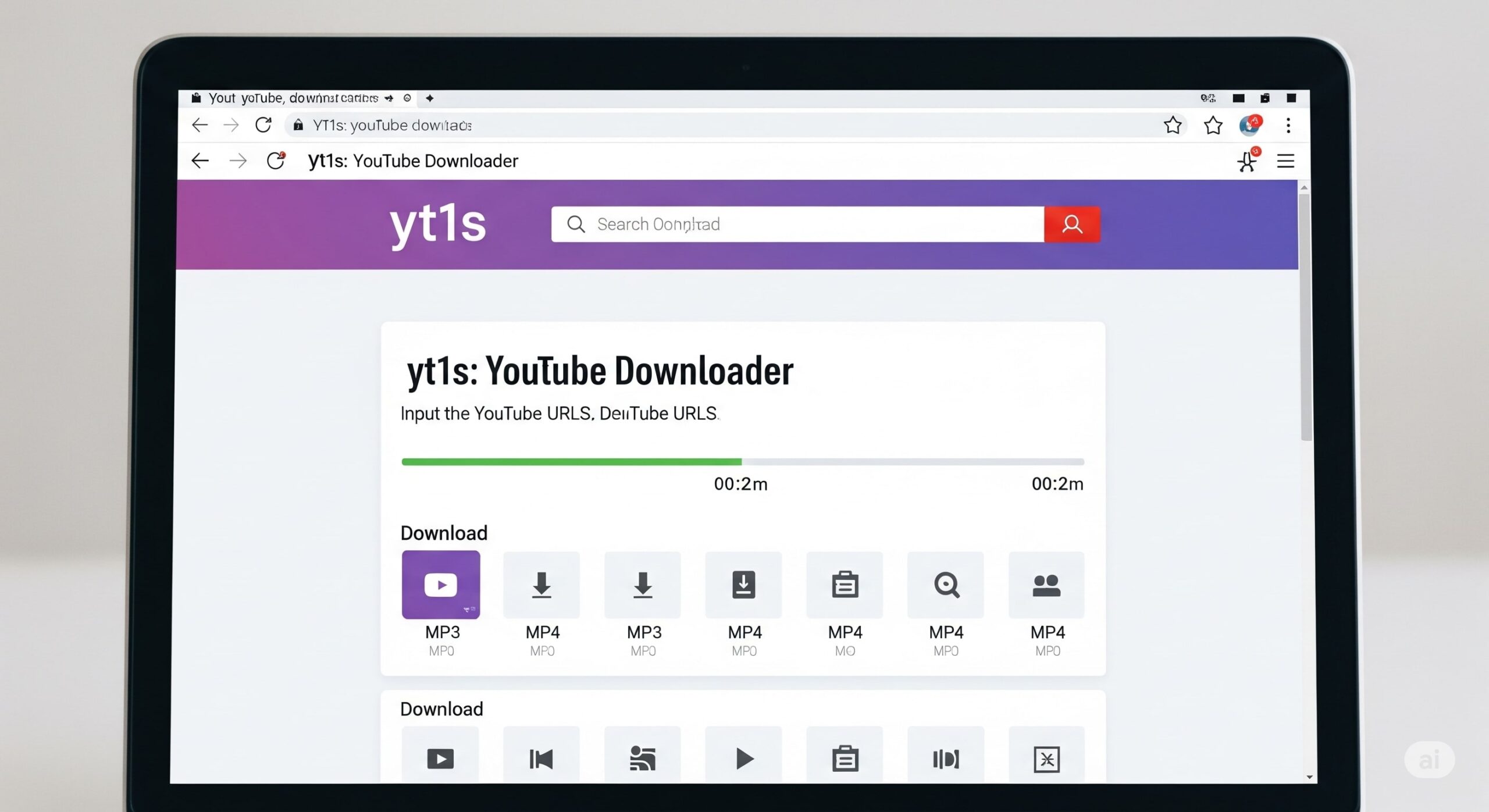Global trade has created tremendous opportunities for businesses, but it also comes with strict legal frameworks that can be overwhelming to navigate. Importing and exporting involve more than just moving goods across borders; they require compliance with regulations, tariffs, and documentation that can quickly become complex. Mistakes often lead to fines, shipment delays, or even reputational damage for businesses.
This is where an Import Export Attorney plays a critical role. These legal professionals specialize in the laws and regulations governing international trade, ensuring that companies comply with customs requirements, avoid unnecessary penalties, and keep their supply chains running smoothly.
Why Legal Guidance Is Critical in Global Trade
The Complexity of Trade Regulations
Every country has its own rules for imports and exports. From product classifications to labeling requirements, the regulations vary widely. Without proper legal guidance, businesses risk missteps that can delay shipments or result in penalties.
High Financial Stakes
Fines for non-compliance are often significant. A single mistake in tariff classification or documentation could result in thousands of dollars in additional duties or penalties.
Reputation and Business Relationships
Frequent compliance issues can damage relationships with suppliers, distributors, and customers. Companies that prioritize compliance maintain smoother trade operations and stronger reputations.
Evolving Global Landscape
Trade laws frequently change due to new policies, tariffs, and international agreements. Staying updated requires expertise that businesses may not have in-house.
Key Services Provided by Import Export Attorneys
Customs Compliance
Attorneys help ensure goods are classified correctly under tariff schedules. Proper classification prevents overpayment of duties and avoids disputes with customs authorities.
Licensing and Permits
Some products, such as medical devices, defense equipment, or agricultural goods, require special licenses. Attorneys assist businesses in securing the necessary approvals.
Trade Agreement Guidance
Attorneys help companies leverage free trade agreements to reduce tariffs and expand market access. Understanding eligibility requirements ensures businesses maximize cost savings.
Dispute Resolution
When disputes arise with customs authorities or trade partners, attorneys represent businesses in negotiations or litigation, ensuring fair treatment.
Risk Management
By reviewing supply chains and documentation processes, attorneys identify weak points that could lead to compliance failures and recommend proactive solutions.
Benefits of Working With an Import Export Attorney
- Cost Savings
Attorneys ensure accurate duty payments, helping businesses avoid unnecessary expenses. In many cases, the savings outweigh legal fees. - Time Efficiency
Legal professionals streamline documentation and compliance processes, preventing shipment delays that disrupt operations. - Confidence in Compliance
Businesses gain peace of mind knowing their operations meet regulatory requirements, reducing the risk of surprises at customs. - Global Market Access
Attorneys help navigate entry into new markets by ensuring products comply with foreign regulations. This accelerates international expansion.
These benefits demonstrate why legal expertise is not just an expense but a strategic investment in global business growth.
Common Mistakes Businesses Make Without Legal Support
Misclassification of Goods
Incorrectly classifying goods under tariff codes is one of the most common errors. This can lead to overpayment of duties or accusations of underpayment, both of which are costly.
Incomplete or Incorrect Documentation
Missing invoices, inaccurate bills of lading, or incorrect certificates of origin can cause shipments to be held at customs.
Ignoring Export Control Regulations
Certain goods, like technology or chemicals, are subject to strict export controls. Non-compliance can result in severe penalties, including criminal charges.
Overlooking Trade Sanctions
Businesses that accidentally engage in trade with sanctioned countries or entities face significant legal consequences. Attorneys ensure compliance with these restrictions.
Assuming Local Knowledge Is Enough
Relying on freight forwarders or logistics teams without legal review can leave gaps in compliance. While operational partners are valuable, they do not replace legal expertise.
When Should You Hire an Import Export Attorney?
Entering a New Market
Expanding into a new country brings unfamiliar regulations. An attorney helps assess risks and ensures compliance from the start.
Introducing New Products
Specialized goods often require additional permits or face unique regulations. Attorneys evaluate these requirements to prevent delays.
Facing Customs Audits
During audits, having legal representation ensures businesses present accurate information and protect their interests.
Disputes Over Duties or Penalties
Attorneys negotiate with customs authorities to resolve disputes, potentially reducing or eliminating penalties.
Scaling Operations
As businesses grow, their compliance obligations become more complex. Legal guidance ensures processes scale effectively.
Steps to Choosing the Right Attorney
Evaluate Experience
Select attorneys with proven expertise in international trade law and a track record of handling cases similar to your industry.
Check Industry Knowledge
An attorney familiar with your product category will better anticipate compliance challenges and provide tailored advice.
Assess Global Reach
If your operations span multiple countries, choose a firm with international connections and a broad understanding of global regulations.
Review Communication Style
Trade law is complex, so clear communication is essential. The right attorney explains legal requirements in practical terms.
Consider Long-Term Value
Rather than focusing only on fees, assess the potential savings, reduced risks, and smoother operations an attorney can deliver.
Future Trends in Import Export Law
Digital Customs Processes
Many customs agencies are moving toward digital platforms for documentation and clearance. Attorneys help businesses adapt to these systems.
Growing Emphasis on Sustainability
Regulations increasingly focus on environmental impact. Attorneys guide companies through compliance with sustainability-related trade requirements.
Stricter Security Standards
Governments are tightening security measures for imported goods. Legal professionals ensure businesses meet these evolving expectations.
Impact of Global Trade Agreements
Shifts in agreements between countries create both opportunities and risks. Attorneys provide timely advice to help companies stay competitive.
Conclusion
Navigating the complexities of global trade without expert support is risky. From misclassified goods to missed documentation, the consequences of errors can be costly and damaging to business operations. An Import Export Attorney provides the legal expertise needed to avoid fines, prevent shipment delays, and build a resilient supply chain. Their services not only protect businesses but also enable smoother operations and expansion into new markets.
As regulations continue to evolve, the role of an international trade lawyer becomes even more critical. Businesses that partner with experienced legal professionals gain a competitive advantage by ensuring compliance, reducing risks, and confidently seizing opportunities in the global marketplace.





